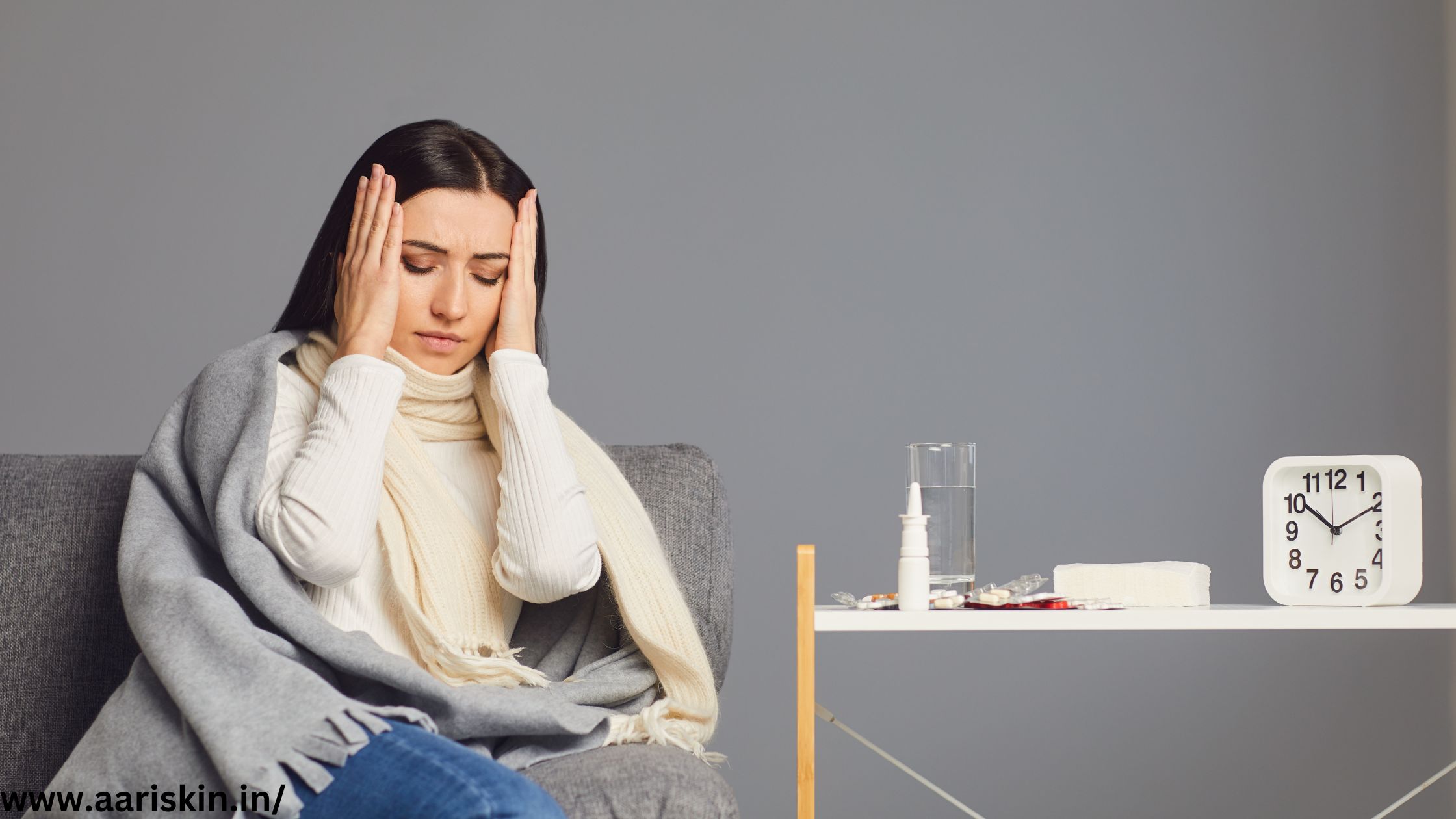Know Psoriasis Symptoms & Treatment from Skin Specialist in Jaipur
Psoriasis is a chronic skin condition that can be extremely painful and itchy. It can also be embarrassing, as it can cause large patches of scales to form on the skin. There is no cure for psoriasis, but there are treatments that can help to lessen the symptoms. In this blog post, we will explore some of the most common symptoms and treatments for psoriasis.
What is psoriasis?
Psoriasis is a chronic, autoimmune disease that causes raised, red, scaly patches to form on the skin. It typically affects the outside of the elbows, knees or scalp, but can appear anywhere on the body. The exact cause of psoriasis is unknown, but it is believed to be related to an overactive immune system. There is no cure for psoriasis, but there are many treatments available to help control the symptoms.
What are the symptoms of psoriasis?
There are many different symptoms of psoriasis, and they can vary from mild to severe. The most common symptom is patches of thick, red skin with silvery scales. These patches can be itchy and painful, and they often bleed. Other symptoms include:
- Red, inflamed skin
- Skin that cracks or bleeds easily
- Itching, burning, or stinging sensations on the skin
- Thickened or ridged nails
- Swollen and stiff joints
What are the different types of psoriasis?
There are five different types of psoriasis: plaque, guttate, inverse, pustular, and erythrodermic. Plaque psoriasis is the most common type, characterized by raised, red patches of skin covered with a white or silver scale. Guttate psoriasis is characterized by small, red spots on the skin. Inverse psoriasis appears as red lesions in body folds, such as under the arms or behind the knees. Pustular psoriasis is characterized by small, pus-filled blisters on the skin. Erythrodermic psoriasis is the least common type, characterized by widespread redness and shedding of the top layer of skin.
What are the causes of psoriasis?
There are many different possible causes of psoriasis, but the exact cause is still unknown. It is thought to be a combination of genetic and environmental factors.
Some of the potential environmental triggers include:
-Injury to the skin: This can include things like cuts, bruises, or burns.
-Infections: Certain infections, such as strep throat, can trigger an outbreak of psoriasis.
-Weather: Cold, dry weather is a common trigger for psoriasis flare-ups.
-Stress: Stressful situations can cause an flares.
How is psoriasis diagnosed?
Psoriasis is typically diagnosed by a physical examination and medical history. Your doctor may look at your skin and ask you questions about your symptoms. They may also ask about your family history, as psoriasis can run in families.
If your doctor suspects you have psoriasis, they may refer you to best dermatologist in Jaipur, who is a skin specialist. A dermatologist can confirm the diagnosis and rule out other conditions with similar symptoms.
To diagnose psoriasis, a dermatologist will:
- Examine your skin, nails, and scalp
- Ask about your medical history and family history of psoriasis or other health conditions
- Ask about your symptoms and when they started
- Ask about medications you’re taking, including over-the-counter drugs and supplements
How is psoriasis treated?
There is no cure for psoriasis, but there are many treatments that can help reduce the symptoms. The most common treatments include topical creams and ointments, phototherapy, and oral or injected medications.
Topical creams and ointments are the most commonly used treatment for psoriasis. They can be applied directly to the affected areas of skin to help reduce inflammation, itching, and scaling. There are a variety of topical treatments available, and your doctor will work with you to find one that is best for you.
Phototherapy involves exposing the skin to ultraviolet (UV) light. This can be done either with artificial UV light in a doctor’s office or by spending time in sunlight. Phototherapy can help reduce the symptoms of psoriasis, but it can also make the skin more sensitive to sunlight, so it is important to use sunscreen when spending time outdoors.
Oral or injected medications may be recommended if other treatments do not work or if the symptoms are severe. These medications can help reduce inflammation throughout the body and are often used in conjunction with other treatments such as topical creams or phototherapy.
Conclusion
If you’re suffering from psoriasis, there are a number of things you can do to find relief. In addition to over-the-counter and prescription treatments, lifestyle changes such as quitting smoking, managing stress, and increasing your exposure to sunlight can all help. Talk to your best skin specialist in Jaipur about what options might be best for you and don’t give up hope – with the right treatment plan, you can get your psoriasis under control.




